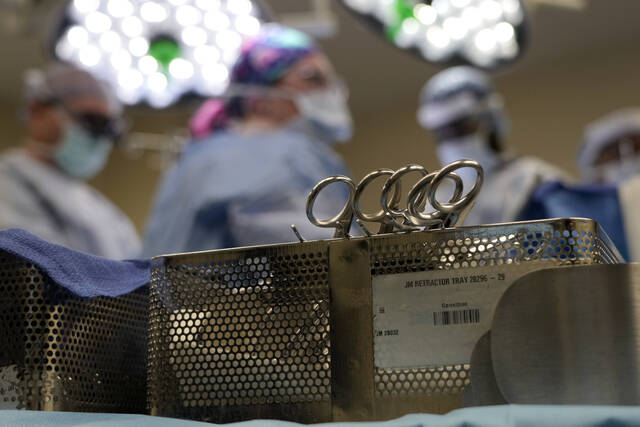One of the leading causes of death in the United States is preventable medical error. Despite the remarkable advancements in medical technology and the tireless efforts of health care professionals, preventable medical errors persist at an alarming rate. According to a study published in the BMJ (formerly known as the British Medical Journal), medical errors contribute to over 250,000 deaths annually in the United States, making it the third leading cause of death behind heart disease and cancer.
This statistic is staggering, as it underscores the urgent need for reforms and heightened awareness surrounding patient safety.
Preventable medical errors encompass a wide range of mistakes including misdiagnosis, medication errors, surgical errors, health care-associated infections and communication breakdowns among health care providers. Each of these errors has the potential to result in devastating consequences for patients and their families. Quite often, these errors are systemic and do not occur in a vacuum.
Misdiagnosis occurs when a health care provider fails to accurately identify a patient’s condition, leading to inappropriate treatment or delayed intervention. This can have dire ramifications, as timely diagnosis is often critical for effective medical management. Similarly, medication errors, whether it be prescribing the wrong dosage or administering the wrong medication, can have life-threatening implications for patients.
Surgical errors, from wrong-site surgeries to complications arising from anesthesia, can result in irreversible harm and even death. Despite stringent protocols and safety measures in place, the fact that such errors persist underscores the lack of institutional leadership in eradicating preventable harm.
Health care-associated infections pose a significant threat to patient safety, particularly in hospital settings. These infections, often stemming from inadequate sterilization techniques or poor hygiene practices, can lead to prolonged hospital stays, exacerbate existing health conditions and in severe cases, prove fatal. Addressing the root causes of health care-associated infections requires a multifaceted approach that prioritizes infection control protocols and rigorous adherence to hygiene standards.
Communication breakdowns among health care providers often contribute to preventable medical errors. In a complex health care landscape where multiple specialists may be involved in a patient’s care, effective communication is paramount to ensuring seamless coordination and the exchange of critical information. Failure to communicate vital details regarding a patient’s medical history, test results or treatment plan can result in lapses in care and compromise patient safety.
Addressing the epidemic of preventable medical errors demands a concerted effort from all stakeholders within the health care ecosystem. Health care organizations must prioritize a culture of safety that encourages transparency, accountability and continuous quality improvement. This entails implementing robust systems for error reporting and analysis, fostering open communication among health care teams, and investing in ongoing staff training and education. For a variety of reasons, most acutely the fact that these efforts cost money, health care systems do not truly make this a priority.
Moreover, leveraging technology to enhance patient safety represents a promising avenue for reducing preventable medical errors. Electronic health records (EHRs), for instance, can facilitate seamless information exchange across health care settings, reducing the likelihood of communication errors and improving care coordination. Decision support systems integrated within EHR platforms can also assist health care providers in making evidence-based clinical decisions mitigating the risk of medication errors and diagnostic inaccuracies.
Preventable medical errors represent a sobering reality within the United States health care system claiming hundreds of thousands of lives each year and catastrophically injuring even more. As a leading cause of death, these errors demand immediate attention and concerted action from policymakers, health care organizations and front-line providers alike.
By prioritizing a culture of safety, implementing robust quality improvement initiatives and harnessing the power of technology, we can strive toward a future where preventable medical errors are minimized and patient safety is paramount.
Eric Weitz is a trial attorney specializing in catastrophic injury and medical malpractice who holds a certification from Johns Hopkins University in patient safety and quality care.








